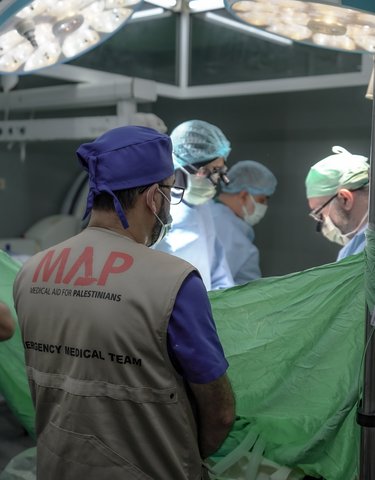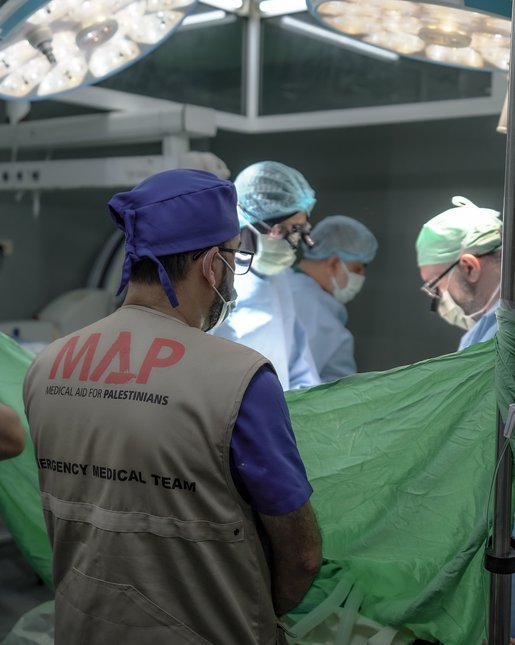Lebanon crisis: Stories from a Palestinian refugee camp
20 August 2021
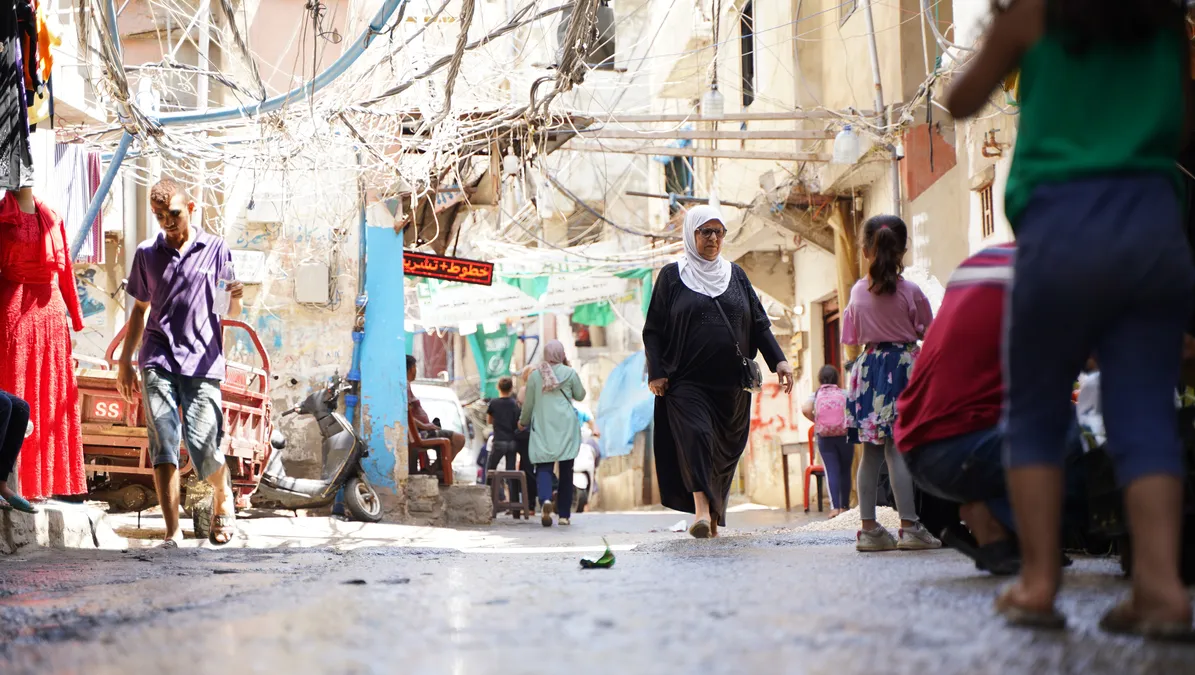
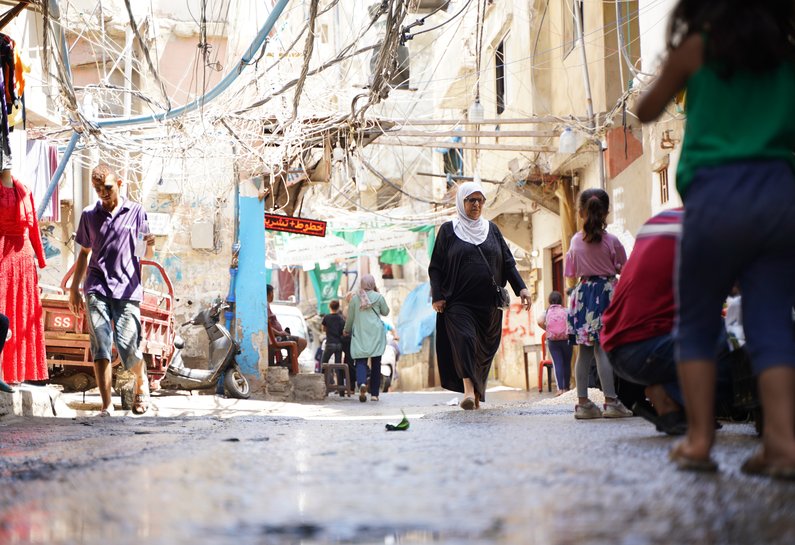
Medical Aid for Palestinians (MAP) visited the camp to hear how Palestinian refugees have been affected by the crisis, from losing their livelihoods to struggling to afford healthcare.
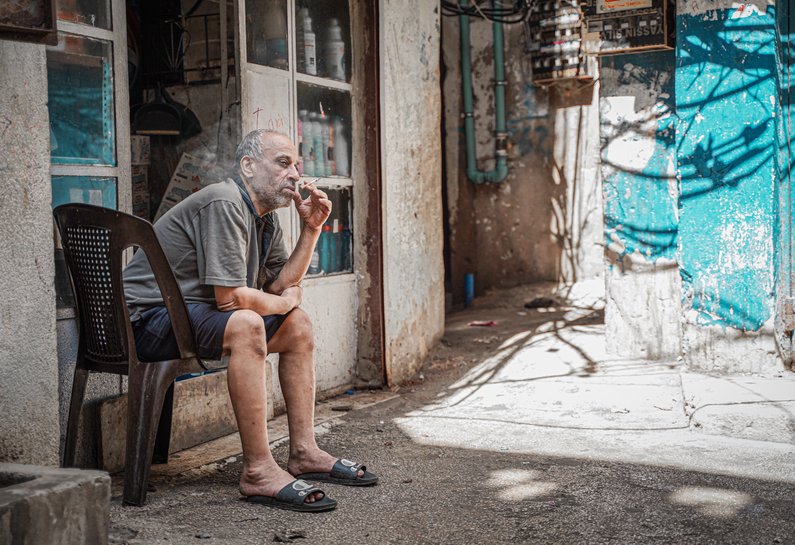
“I stopped selling labneh [yoghurt cheese]. One kilo used to cost 12,000 Lebanese pounds [eight US dollars] but now it is 70,000 Lebanese pounds [46 US dollars]. Most people can’t buy it anymore and with the long electricity cuts that lead to poor refrigeration, I can’t guarantee it will not get ruined.”
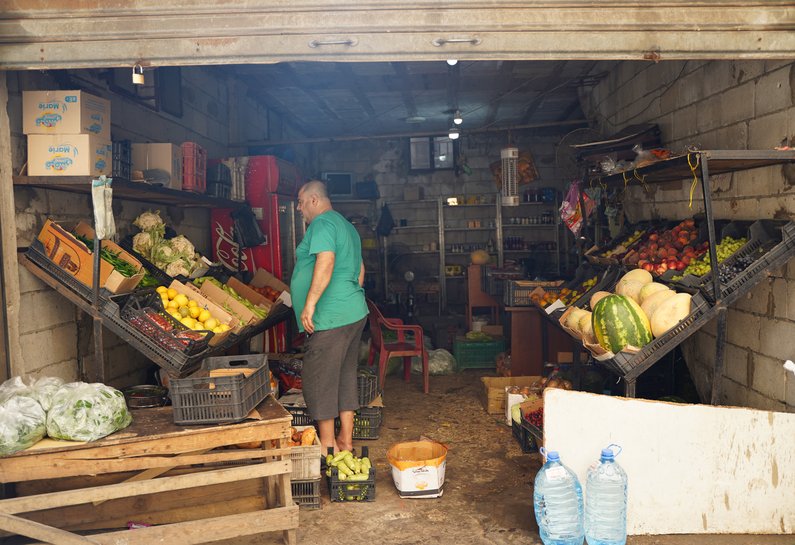
“This shop used to be a supermarket and had a small section for fresh produce. With the deteriorating economic conditions in the camp, people started buying mostly vegetables and sometimes fruit as they are cheaper. Other products such as milk, eggs and cheese were staying in the shop for a long time and getting ruined as no one was buying them. So I changed the shop to sell mainly fresh produce, and I am getting items that are cheap and can be stored for a longer time.”
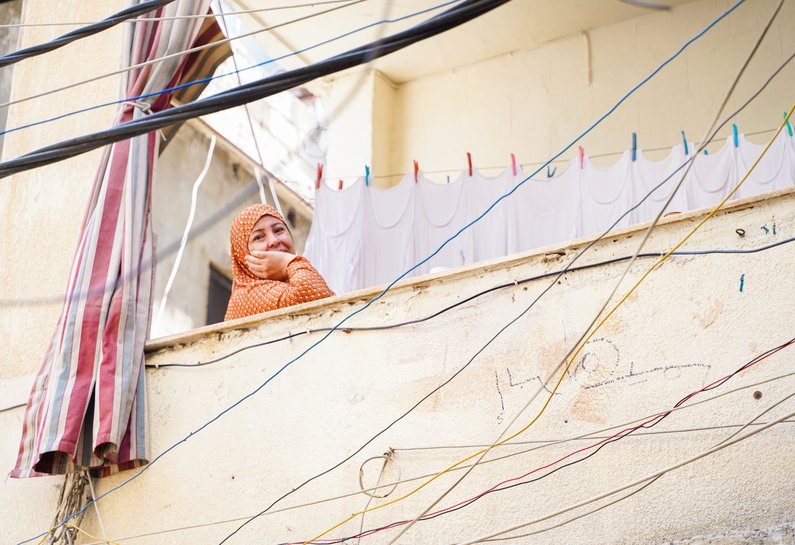
Bourj el Barajneh is a cramped refugee camp which is home to thousands of Palestinian refugees. The camp had limited resources even before Lebanon’s economic crisis, and many are without adequate access to essential health and public services.
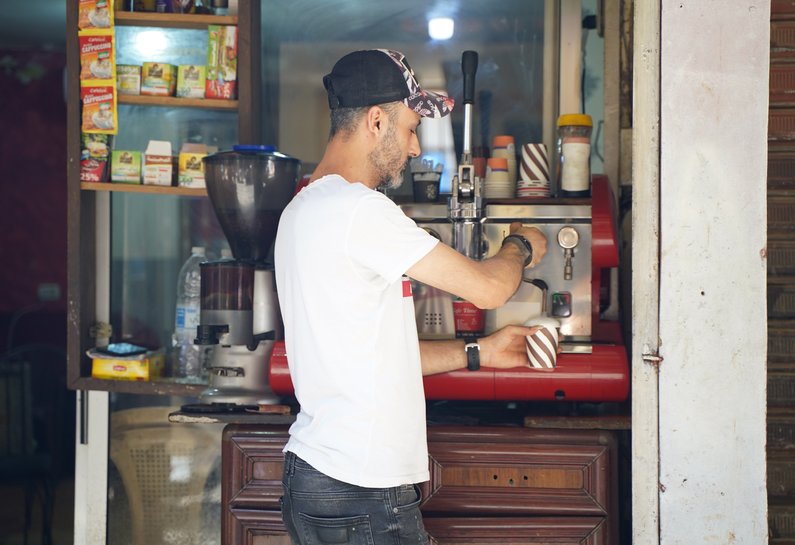
“I used to work in a famous coffee shop outside the camp, but I was laid-off work with other staff because of the lockdowns and the economic crisis. So I decided to open this small shop with only one coffee machine inside the camp.”
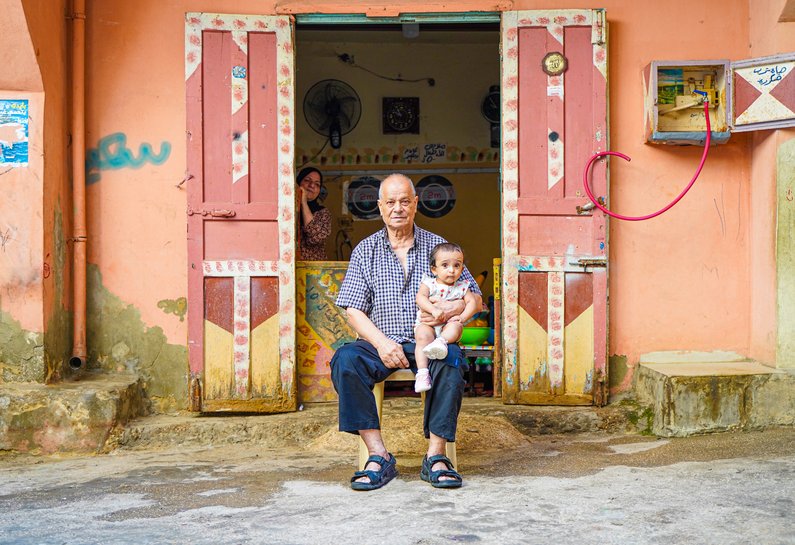
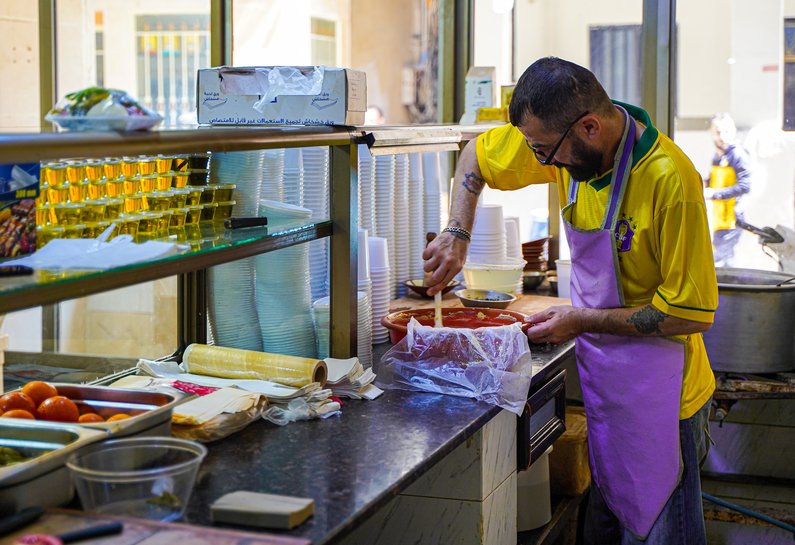
“With the increase in the prices of raw materials, I had to increase the prices of my dishes, but they are still much less than the prices of similar items outside of the camp. I cannot increase the prices too much because I know people in the camp will not be able to afford it. Nonetheless, nowadays I am still not selling much; the economic situation is very bad.”
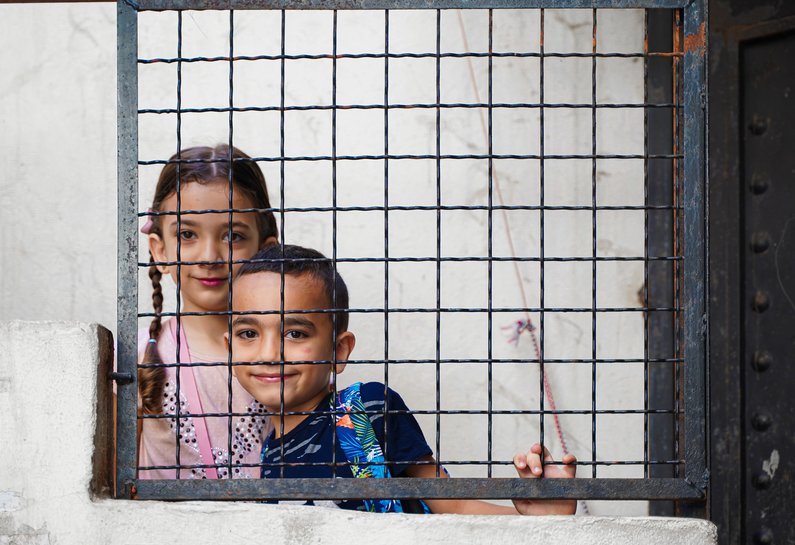
During MAP’s regular visits to Palestinian refugee camps across Lebanon, mothers often share their difficulties securing food, clothes, and other basic items for their children. Many have told us how bad they feel because their children are not having a “normal” childhood under these circumstances.
Essential medications are no longer available in pharmacies across and their cost has skyrocketed with the lifting of government subsidies.
MAP has been working to support the needs of Palestinian refugees in Lebanon for more than 35 years, responding to immediate health needs while working towards sustainable long-term health development. We are upscaling our emergency response to address the health and healthcare needs arising from the current crisis in Lebanon.
Read more about how MAP are supporting Palestinian refugees in Lebanon and support our work here.
